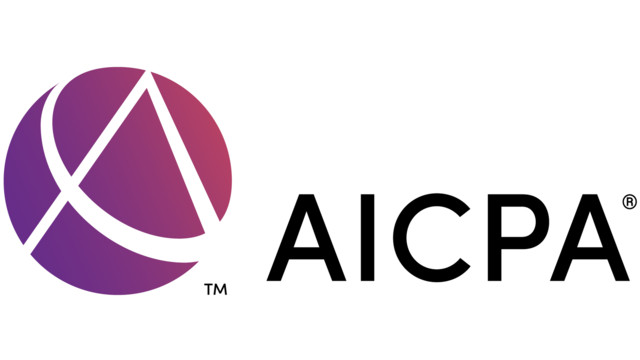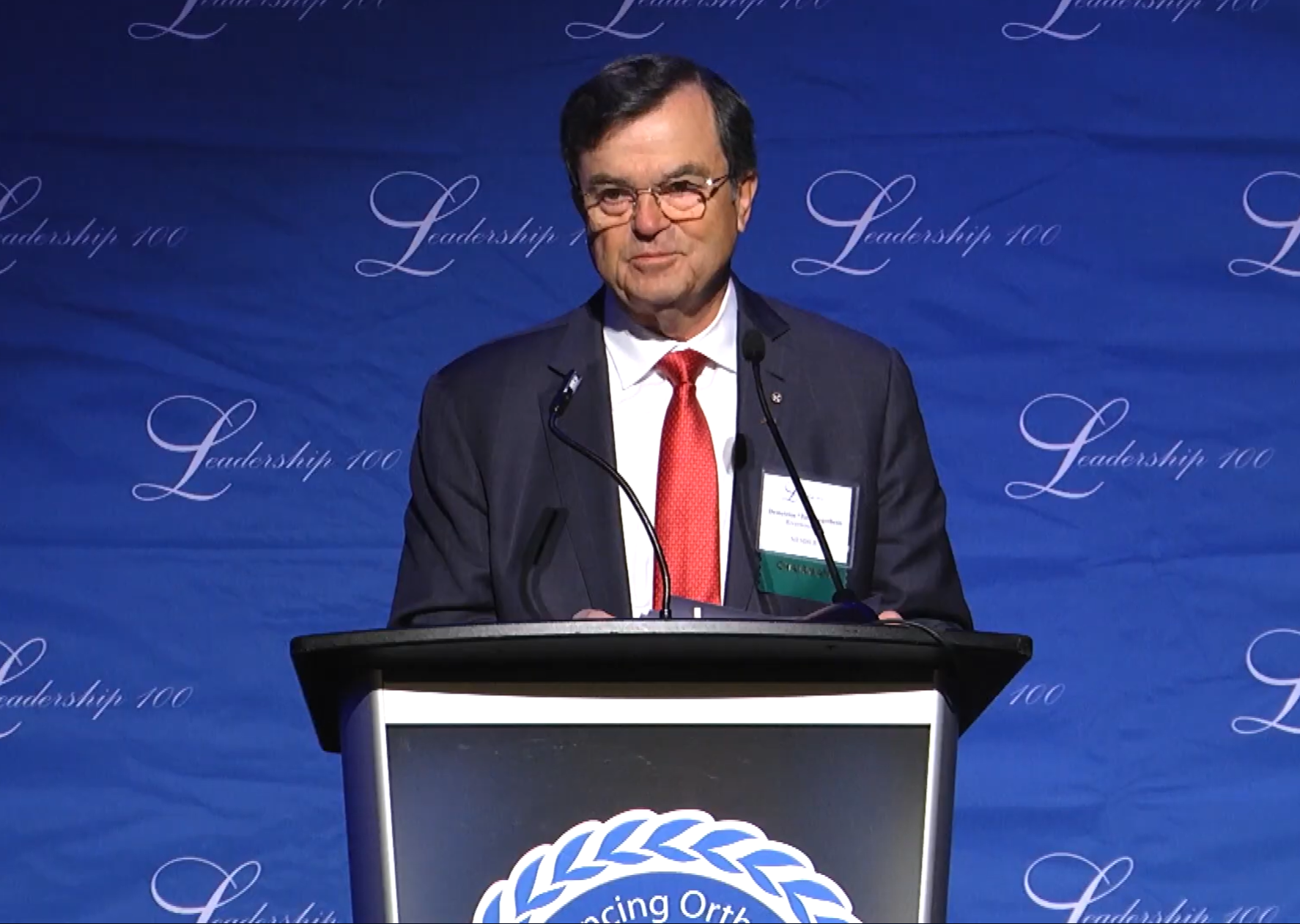AICPA News is a round-up of recent announcements from the American Institute of CPAs.
Business Execs More Optimistic on Economy, But Inflation Fears Grow
With the promise of expanded pandemic-related relief and an improving vaccine rollout, U.S. business executives are taking a more optimistic view of the U.S. economy for the coming year, according to the first-quarter AICPA Economic Outlook Survey. The survey polls chief executive officers, chief financial officers, controllers and other certified public accountants in U.S. companies who hold executive and senior management accounting roles.
There’s a downside, however, to the prospect of a more open-throttle economy: a greater risk of inflation. Business executives’ concerns about inflation grew from 24 percent to 44 percent, quarter over quarter, the highest level it’s risen to since the end of 2018.
To be sure, the lingering impact of the COVID-19 pandemic continues to predominate as a concern. While the percentage of business executives who expressed optimism about the U.S. economy rose from 37 percent to 47 percent this quarter, that still means the majority remain pessimistic or neutral. More than three-quarters (76 percent) of survey takers say the pandemic has had a negative impact on their organization, with one-in-five describing that impact as significant.
Skills Financial Planners Need to Succeed
The pandemic has presented challenges to planning firms and clients alike. Earlier this year, thought leaders in the financial planning space gathered online for the AICPA’s 2021 Personal Financial Planning (PFP) Summit to discuss best practices for serving clients, leading firms, and caring for themselves. The Summit is an annual event that goes beyond technical planning sessions to focus on what successful firms are doing differently.
This year, Summit attendees were asked to share their experience from the past year and thoughts on how the financial and economic uncertainty due to COVID-19 has impacted the future of financial planning. Attendees noted that work-life balance alongside maintaining and promoting firm culture have been the two leading challenges for their practices throughout the pandemic.
And looking to the future, the vast majority of attendees say it will be more important for financial planners to manage their clients’ emotional state moving forward than it has been in the past. And to be successful in the future, the top 3 most cited skills planners will need, in addition to technical skills, are emotional intelligence, interpersonal communication, and adaptability.
- Core Values and a Core Purpose Are Essential
- Support Clients Through Changing Life Priorities, Not After
- Client Perspectives & Motivations Help to Uncover Their Philanthropic Journey
Read more at: https://tinyurl.com/5ak27t2m
AICPA Proposes New Auditing Standard to Enhance Communication
The American Institute of CPAs (AICPA) Auditing Standards Board (ASB) has issued the exposure draft (ED) Proposed Statement on Auditing Standards (SAS) Inquiries of the Predecessor Auditor Regarding Fraud and Noncompliance With Laws and Regulations (NOCLAR) to amend SAS No. 122, as amended, section 210, Terms of Engagement.
The standard requires immediate past auditors and presumed successor auditors, once management consents to the past auditor responding, to communicate about potential NOCLAR situations. Examples of NOCLAR situations include, but are not limited to, noncompliance with tax or pension laws and regulations.
“The Board’s overall objective is to help auditors properly understand potential issues in determining whether to accept an engagement,” said Jennifer Burns, CPA, AICPA Chief Auditor. “The proposed standard is designed to further the public interest by enhancing communication between past and potential new auditors. A refusal to consent by the client would be a significant red flag that the auditor would consider in determining whether to accept the engagement.”
The proposed SAS aligns with the International Ethics Standards Board of Accountants (IESBA) standards which became effective on July 15, 2017. It narrowly amends AU-C section 210 in AICPA Professional Standards to require an auditor, once management approves communication between auditors, to inquire about suspected fraud and matters involving NOCLAR.
Thanks for reading CPA Practice Advisor!
Subscribe Already registered? Log In
Need more information? Read the FAQs
Tags: Accounting, Audit Standards





